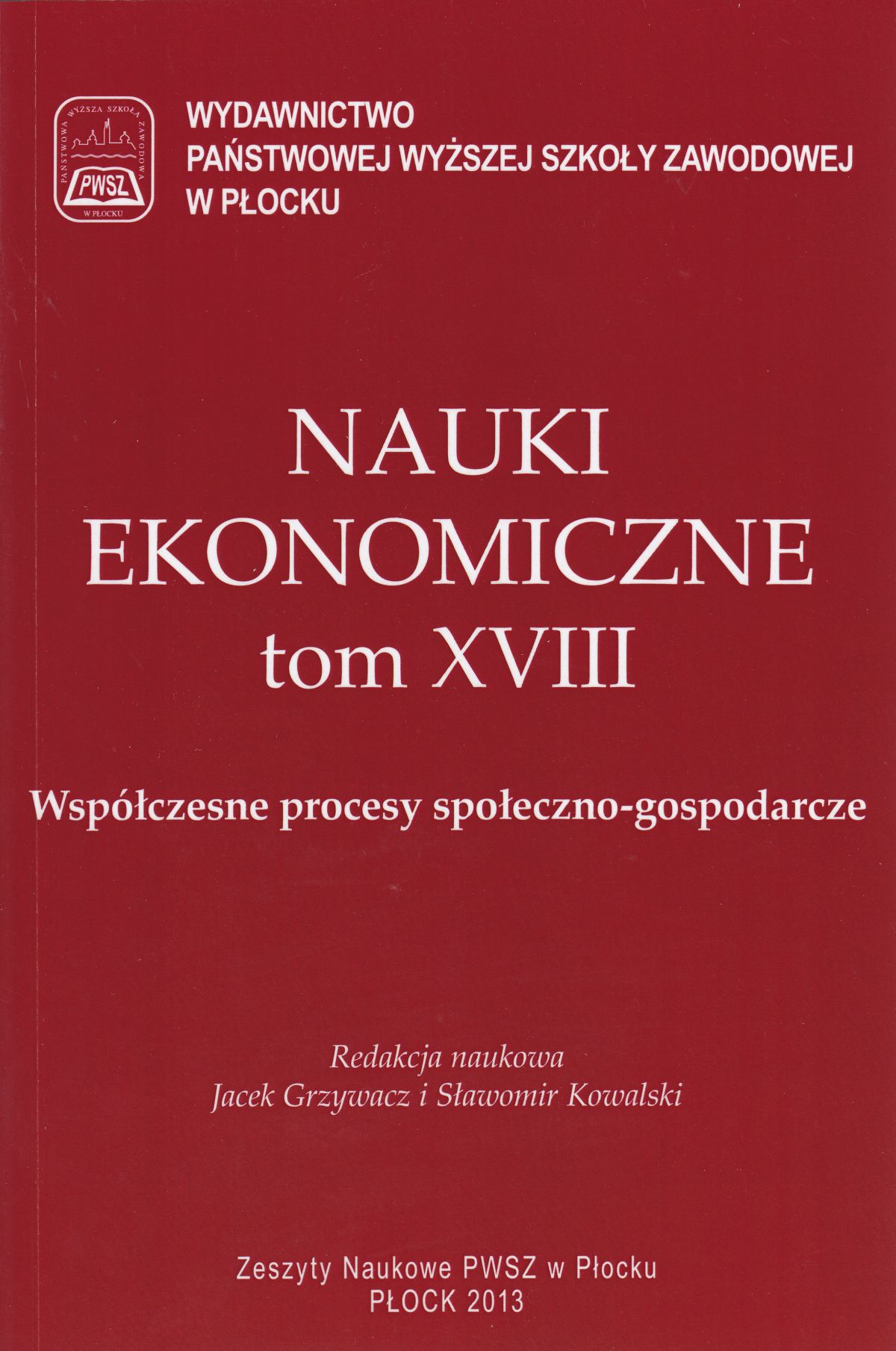PRACA „NA CZARNO” W SZKOLNICTWIE ŚREDNIM – BADANIA WŁASNE
Abstract
Key words: private lessons, students, secondary education, work in black
Summary
The matter of “work in black” in education regardless passing of time has still been
of big importance. Despite the prevalence of private lessons being common and on
a bigger scale, its problematic issue seems to be ignored quite often. There is a split
between their existing within grey zone of education and ignoring private lessons
in public disputation. One of the methods of evading such sort of regulations is
tutoring and is reflected in the failure to observe the law of tax statute. We might
claim that private lessons that people do not pay taxes from, are becoming black
economy in education.
References
Bibliografia:
Bray M., The shadow education system: private tutoring and its implications for planners,
UNESCO International Institute for Educational Planning, Paris 1999.
Mróz B., Gospodarka nieoficjalna w systemie ekonomicznym, SGH, Warszawa 2002.
Putkiewicz E., Korepetycje – szara strefa edukacji, Instytut Spraw Publicznych,
Warszawa 2005.
Putkiewicz E., Korepetycje – szara strefa edukacji, Analizy i Opinie, Instytut
Spraw Publicznych, nr 56 12/2005
Smuga T. (red.), Metodologia badań szarej strefy na rynku usług turystycznych, Instytut
Koniunktur i Cen Zagranicznych, Warszawa 2005.
Ustawa z dnia 20 listopada 1998 roku o zryczałtowanym podatku dochodowym
od niektórych przychodów osiąganych przez osoby fizyczne (Dz.U. 1998,
Nr 144, poz. 930 z poź. zm).
Ustawa z dnia 26 lipca 1991 roku o podatku dochodowym od osób fizycznych
(Dz. U. 1991, nr 80, poz. 350 z późn. zm.)
http://www.e-korepetycje.net/artykuly/rozliczenie-dochodow-z-korepetycji
